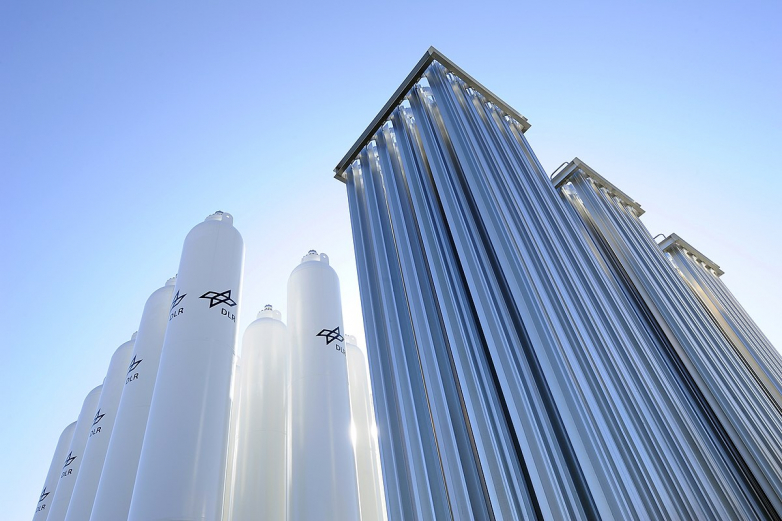PV-powered hydrogen can already hit LCOH of EUR6.23/ kg in Germany
- Green hydrogen can currently take on hydrogen created with fossil fuels in Germany, according to new study. Researchers have actually checked out six different circumstances for alkaline and PEM electrolyzers and recognized alkaline gadgets powered by grid-connected PV as the least expensive option.

Scientists from the Cologne University of Applied Sciences in Germany have actually examined Germany's prospective to create environment-friendly hydrogen by means of a decentralized strategy based on solar PV as well as electrolyzers under various circumstances. They have discovered that this combination is already competitive with blue or gray hydrogen created by means of fossil fuels.
Their job focused on alkaline electrolyzers, which they called a fully grown technology offered at megawatt range, and proton exchange membrane layer (PEM) electrolyzers, which they specified as a relatively brand-new technology available for small-scale applications.
"Although alkaline electrolysis is a preferred modern technology, PEM electrolysis is gradually catching the attention of researchers," they claimed.
As a case study website, the scientists selected Cologne, where several firms are generating and taking in hydrogen and also where hydrogen demand at refueling stations is currently enhancing. They thought the utilization of a solar-powered electrolyzer with a ranked production capacity of 21.36 kg/day. The alkaline gadget was made to have an installed power of 49 kW and also the PEM electrolyzer a capacity of 62 kW. Output stress for the latter was suggested at 29.9 bar and also for the former t 9.9 bar
Six various situations were thought about: an alkaline electrolyzer powered by an off-grid PV system with a capacity of 2.6 MW as well as a battery backup with a capacity of 7,250 kW; a PEM electrolyzer powered by a 3.3 MW off-grid PV system with a battery with a capacity of 9,125 kWh; an alkaline electrolyzer powered by an 850 kW grid-connected solar array; a PEM electrolyzer powered by a 1 MW grid-connected PV setup; an alkaline electrolyzer powered by a 680 kW off-grid PV system with a battery backup of 1,500 kWh and with minimal functional time; and a PEM electrolyzer powered by a 950 kW off-grid PV system with a battery backup of 2,000 kWH and also restricted functional time.
For the last 2 scenarios, the electrolyzer's operating hours were chosen to match with the real time of solar generation. The levelized expense of hydrogen was evaluated taking into consideration the initial investment for constructing the systems, annual procedure costs, yearly hydrogen manufacturing, discount rate, and also system life time, which was 20 years for all situations.
The greater LCOH was located to be that of electrolyzers powered by off-grid solar, which the researchers described with the greater prices coming from deploying a battery backup.
"In the off-grid minimal procedures circumstance, the system dimension is reduced, but the LCOH is still high," they claimed, noting that the best performance was accomplished by grid-connected solar energy the alkaline electrolyzer, which got to an LCOH of 6.23 EUR/kg.
For the function of comparison, the PEM electrolyzer powered by off-grid solar achieved 57.61 EUR/kg.
"The outcomes plainly reveal the reality that the suggestion to run the electrolyzers 24 hours a day and also round the year in off-grid mode is not financially practical as the hydrogen generated is very costly," they said.
Their job additionally provides a model for system sizing and permits the calculation of the LCOH anywhere in the globe by changing the appropriate input parameters. They presented it in the paper "Hydrogen as power provider: Techno-economic assessment of decentralized hydrogen production in Germany," which was recently released in Renewable resource.
